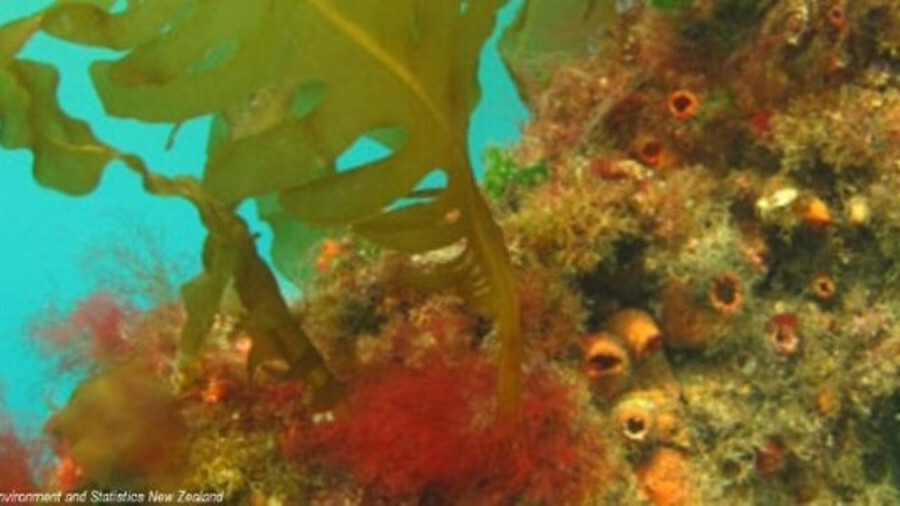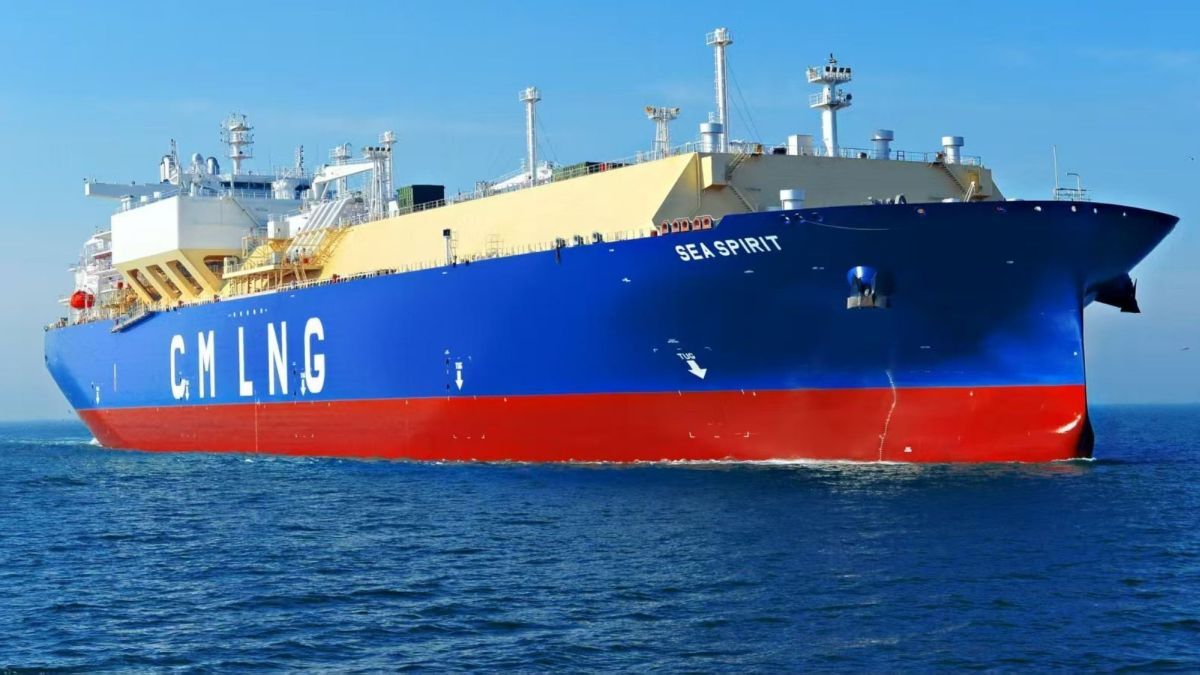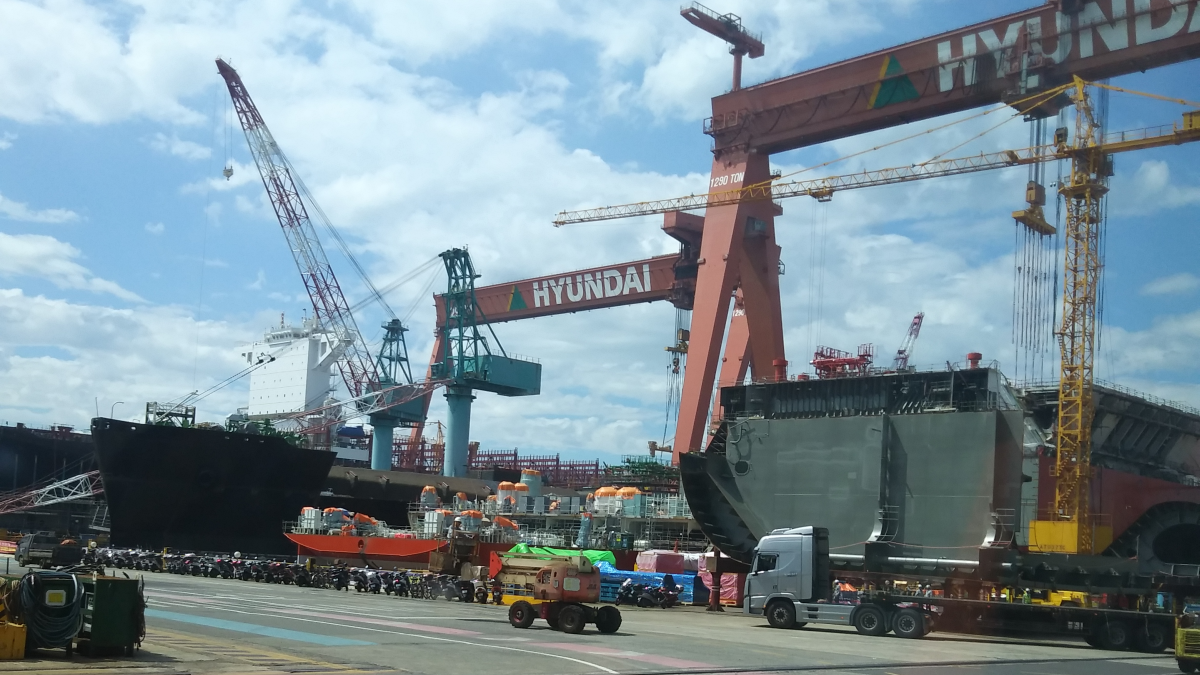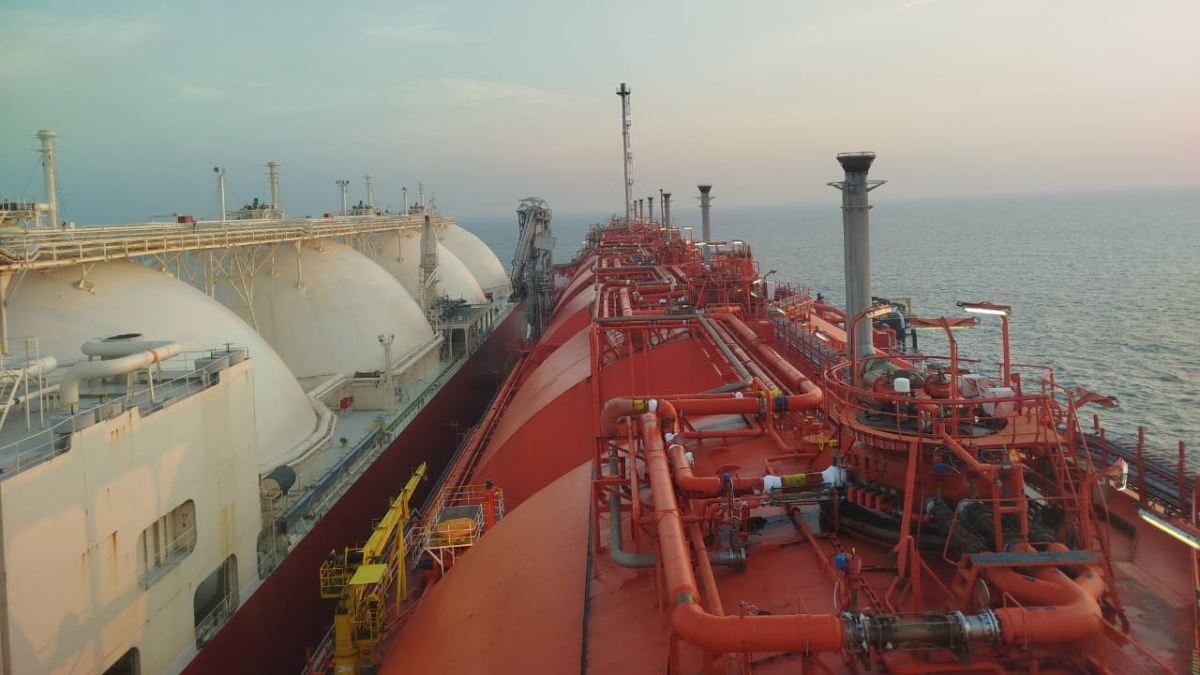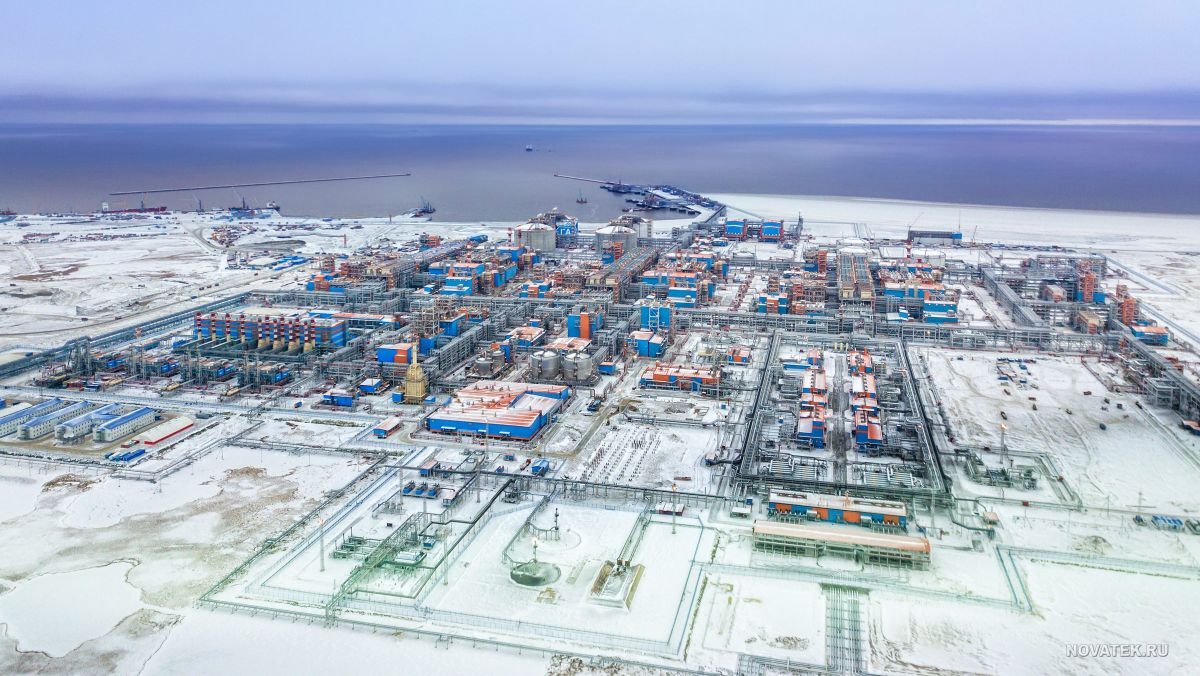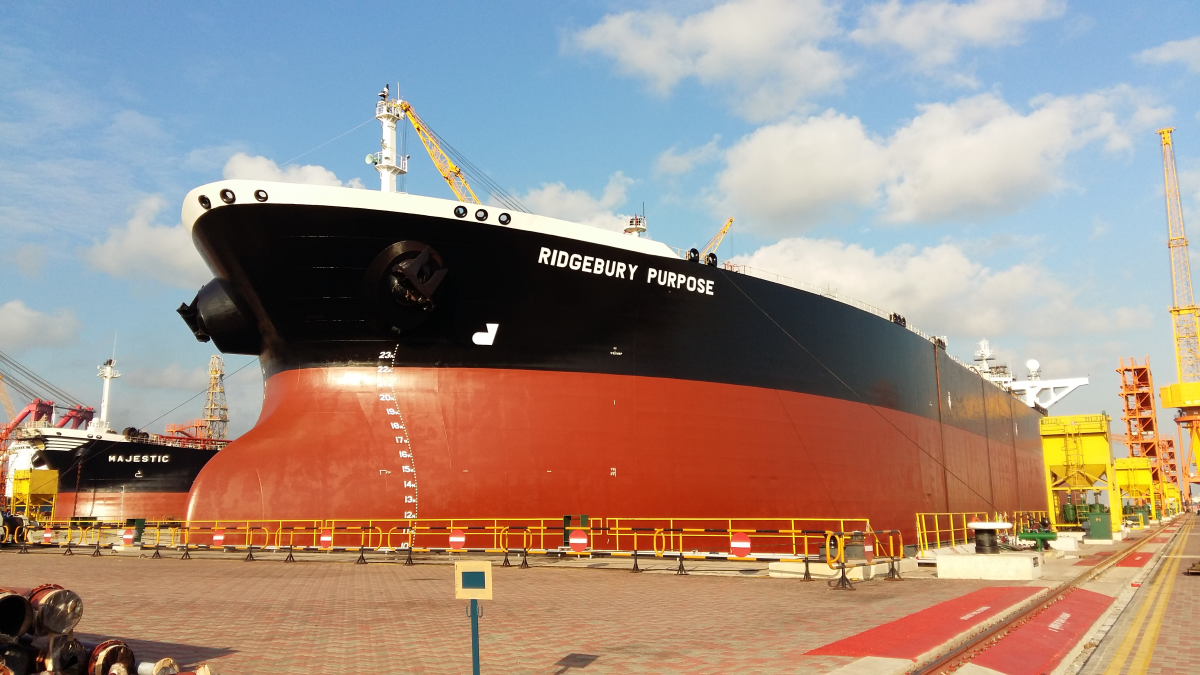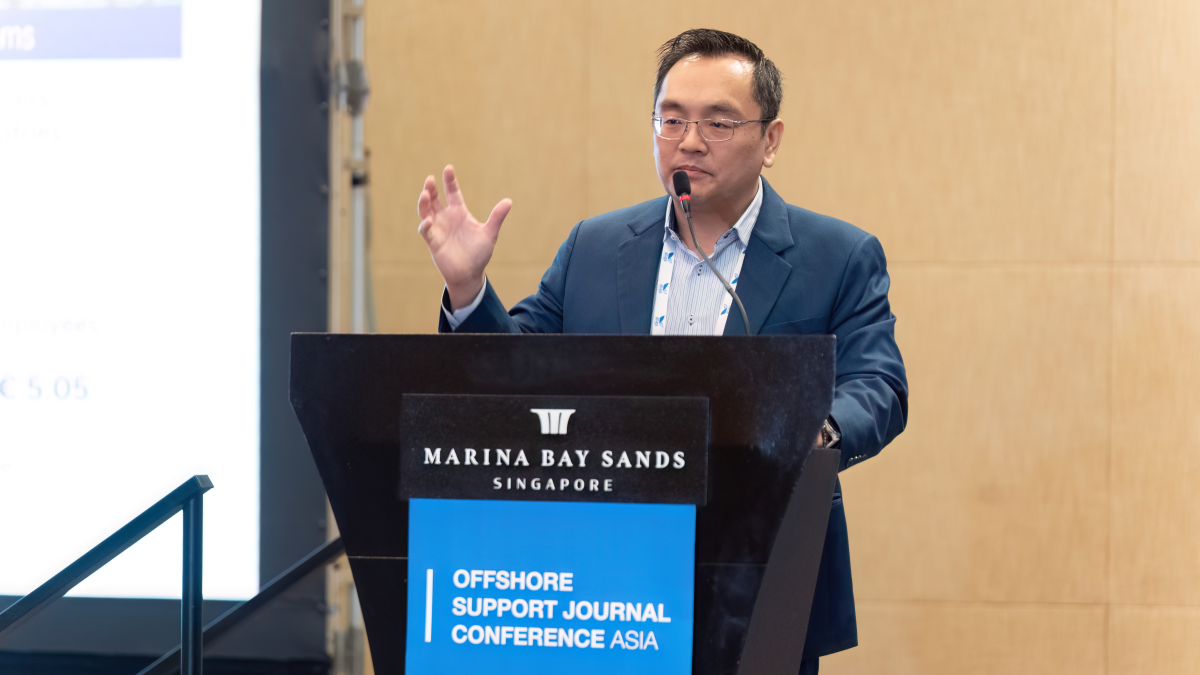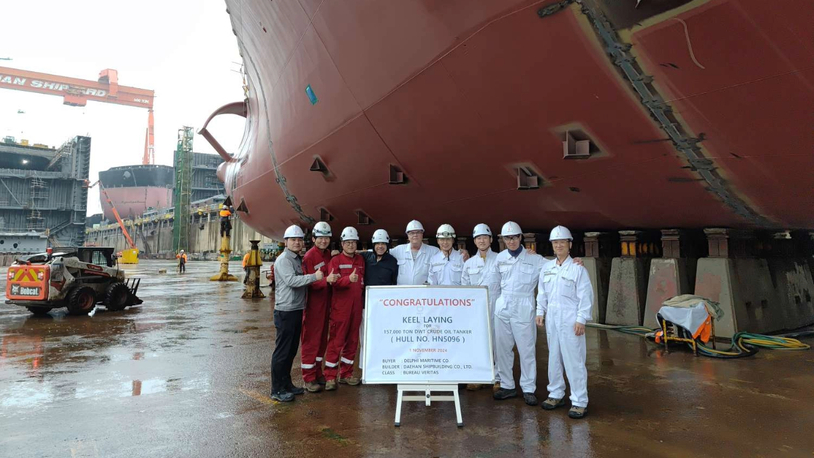Business Sectors
Events
Contents
Don’t fall foul of New Zealand’s regulations
Following on from our news story concerning the Environmental Award-winning HullWiper under trial in Southampton, comes a report from P&I Club Gard on the consequence of not adhering to anti-biofouling best practice.
For some years now, the New Zealand authorities have applied voluntary anti-biofouling compliance to vessels entering New Zealand ports. The underlying regulation was passed in May 2014, when the New Zealand Ministry of Primary Industries (MPI) issued a Craft Risk Management Standard (CRMS) addressing the biofouling risk associated with vessels arriving at New Zealand ports. The CRMS is scheduled to enter into force on 15 May 2018, but voluntary compliance was encouraged beforehand.
The regulation requires vessels to arrive with clean hulls - no biofouling apart from a slime layer. The vessel must provide three options for the proper management of biofouling, cleaning before entry, continuous maintenance using best practice (as per IMO’s guidelines) or application of approved treatments. These must be documented and available upon arrival.
In a recent case, a vessel entered with Gard was recently ordered to move outside New Zealand territorial waters immediately.
The vessel had been sitting at anchor off the Melanesian islands prior to entering New Zealand waters. When filing the notice of arrival at Auckland Port, the MPI requested evidence that the vessel had implemented measures to manage and reduce hull fouling.
Upon receipt of documentation submitted by the vessel, which allegedly showed no evidence of hull cleaning or anti fouling having been done during the vessel’s stationary period, the MPI determined that the vessel had not properly managed its biofouling risk. After a delay, the vessel was directed to move outside New Zealand territory immediately and remain there until a clean hull could be evidenced.
The vessel was eventually allowed to re-enter New Zealand territorial waters. No penalties were imposed by the MPI, but the operational costs associated with use of divers, cleaning of the hull and delays were substantial.
Related to this Story
Events
Maritime Decarbonisation, Europe: Conference, Awards & Exhibition 2025
Offshore Support Journal Conference, Americas 2025
LNG Shipping & Terminals Conference 2025
© 2024 Riviera Maritime Media Ltd.


